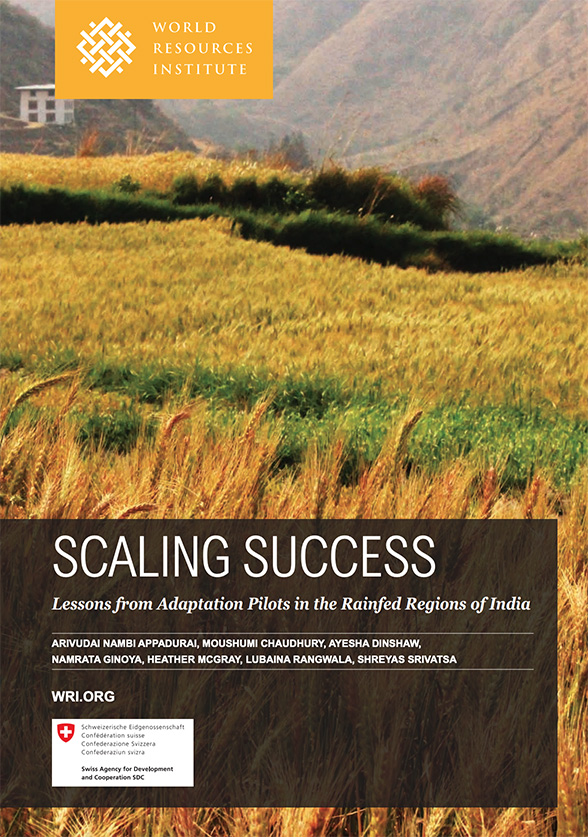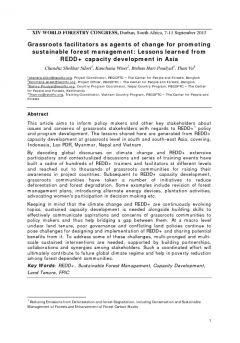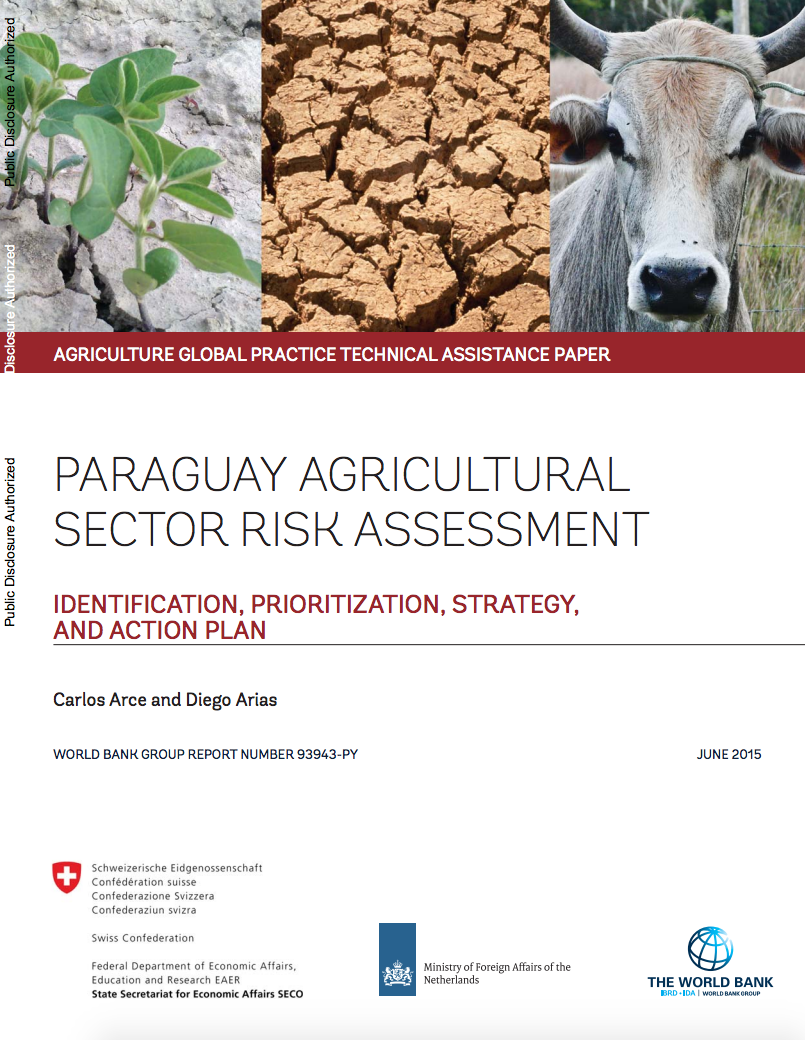Bosnia and Herzegovina
This assessment presents a broad picture
of the main gender disparities in Bosnia and Herzegovina
(BiH) in endowments, economic opportunities, and agency. The
report builds on the framework of the 2012 World Bank World
Development Report 2012 on gender and development and the
World Bank’s regional gender report on Europe and Central
Asia: opportunities for men and women, that focuses on the
household and individual members’ bargaining power and their






